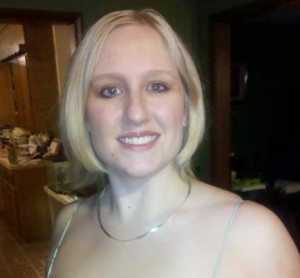You may hear authors reminisce from time to time about their awful earlier work. While I can agree that some of my oldest short stories are not as interesting or polished, I relish looking through them. Why? Because I can see how far I’ve come.
Growth in one’s craft is only sexy in movie montages. Definitely in Rocky III, amiright?
For everyone who isn’t Sylvester Stallone, growth looks like hard work, tears, inevitably a day of not showering here and there, and a hefty dose of self-loathing. Sometimes, it seems like you aren’t getting anywhere. You’re running in a constant hamster wheel, praying for something to break your plateau. You care too much to give up, even after seeing rejection after rejection.
When I hit one of these plateaus a few years ago, I spent time in serious reflection. I received a few rejections, and knew that my writing wasn’t quite up to par. I desperately wanted to improve and get better, but how? I had a BA in English with an emphasis in creative writing. I have read many books about the craft. But I needed someone to dive deep into my writing and give some personal advice.
I hired Joshua Essoe, a friend and freelance editor, to line and content edit my YA fantasy novel, The Bond. While it was a bit scary to have my book picked apart, I couldn’t believe how much I had learned from the first few edited pages alone. Joshua Essoe pointed out things I do stylistically that no one else had before. Those observations helped me make my story more compelling and clear, and streamline sentences by taking out unnecessary or implied text.
Paying a professional to edit my work has been some of the best money I’ve ever spent. Working on the second book in The Bond series, I can see how much my work has grown, and how much tighter and precise my prose are.
Let’s face it. Editing is not fun. But editing your book in order to make it better is worth it. Looking back at your previous works need not make you groan. Instead, it should be a celebration of just how far you’ve come.
Personal note: If you’re in the market for a professional, detailed freelance editor, I highly recommend Joshua Essoe. He’s edited books for many well-known people including fantasy author David Farland, and Dean Lorey, the writer and producer of the television show Arrested Development. http://www.joshuaessoe.com/


